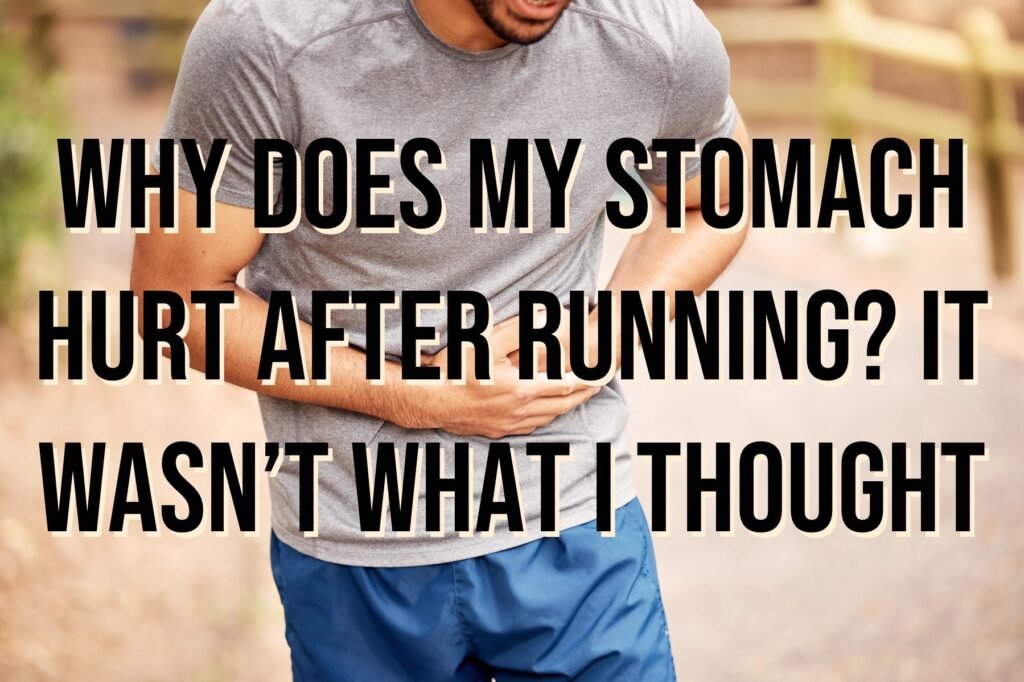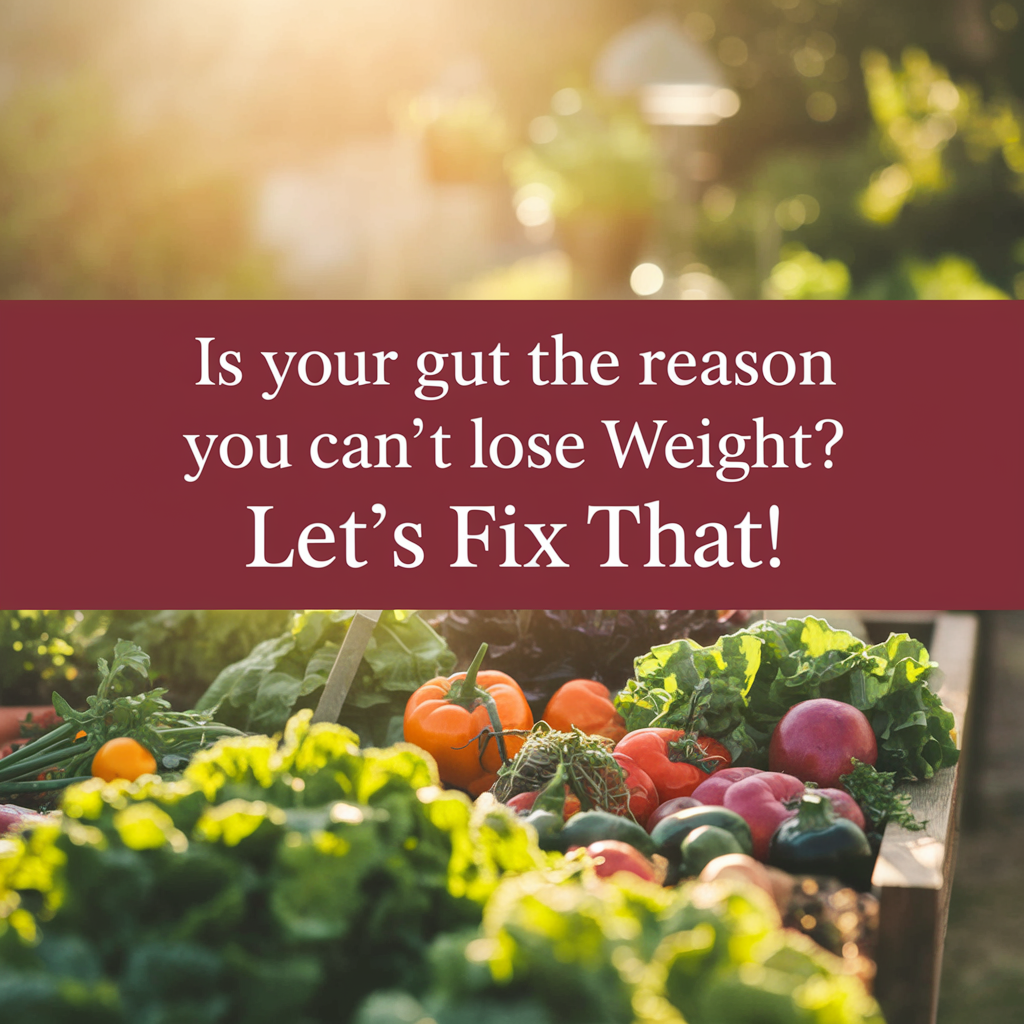
Can poor gut health really make it harder to lose weight?
For years, I thought weight loss was just about calories in, calories out. So I dieted, counted, restricted, and ran myself into the ground—only to feel stuck. No matter how “clean” I ate or how many miles I walked, the scale barely budged. What no one told me? Gut health and weight loss are more connected than I ever realized.
Turns out, when your gut is out of balance, it can mess with everything from how you store fat to how your body burns energy. A struggling gut means:
- Poor nutrient absorption
- More cravings (especially sugar and carbs)
- Higher inflammation
- Slower metabolism
- Hormone imbalances (yes, your gut influences those too)
Once I stopped obsessing over weight and started focusing on my gut, things actually started changing. I felt less bloated, had more energy, and eventually—I started dropping pounds. Real weight, not just water.
This shift isn’t just physical either. My mood and motivation improved when I supported my gut first. (I explain that deeper in this article about gut and mental health.)
Bottom line? If you feel stuck and your gut’s been off, that could be what’s holding everything back.

What’s the link between gut bacteria and metabolism?
Your gut is home to trillions of bacteria—and they aren’t just along for the ride. They help digest your food, regulate blood sugar, and even decide how much fat your body stores. Some bacteria are “lean friendly.” Others? Not so much.
When your gut microbiome is diverse and balanced, your metabolism can run efficiently. But if it’s out of whack (too many bad guys, not enough good ones), you may:
- Extract more calories from the same food
- Store fat more easily
- Struggle with blood sugar crashes
- Feel hungrier more often
I learned that I had likely starved my gut diversity through years of yo-yo dieting. It wasn’t until I added more fiber, whole foods, and probiotics that things started turning around. I also started eating a bigger variety of gut-friendly grainslike quinoa, oats, and barley—this list helped me big time.
The more diverse my gut became, the more balanced my energy and metabolism felt. So yes, your gut bacteria really do play a role in whether your body holds onto fat or finally lets it go.
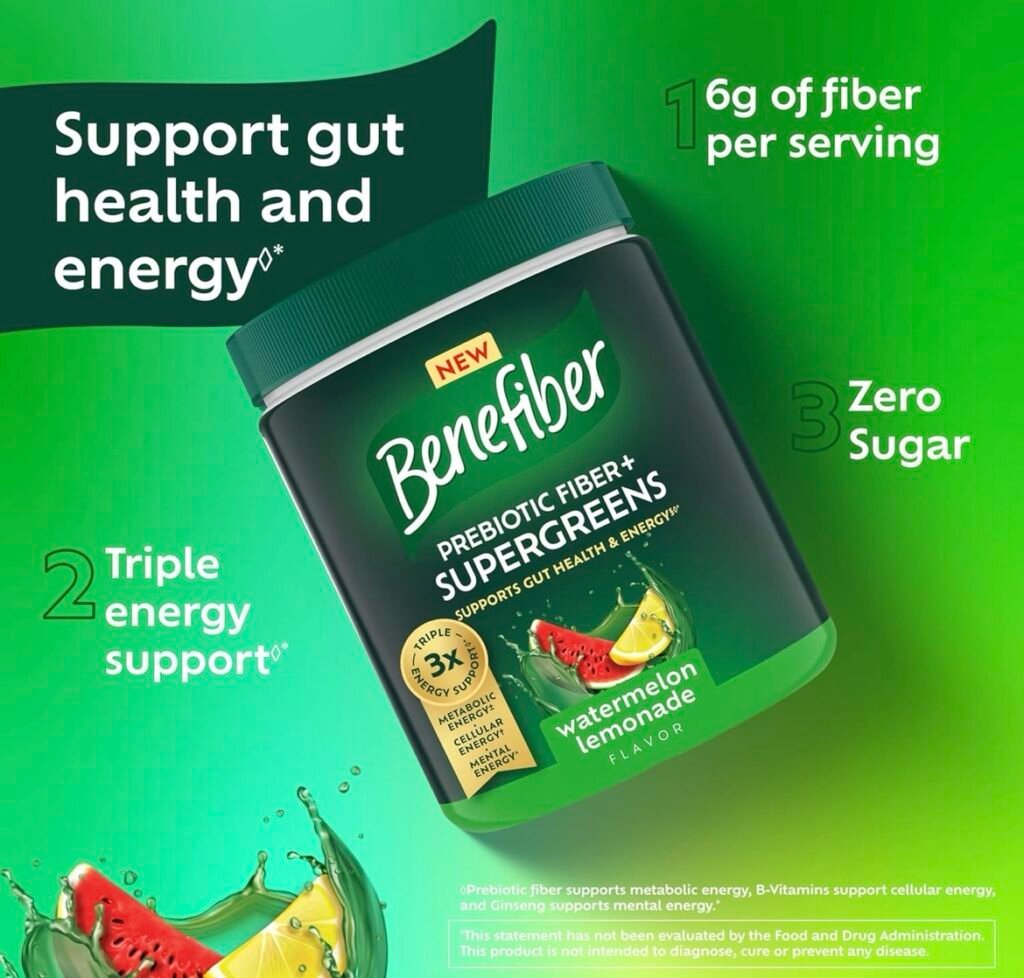
How do probiotics play a role in weight loss?
I didn’t always believe the hype around probiotics. It felt like just another supplement trend. But after doing my own digging—and testing a few on myself—I realized some probiotics really can support gut health and weight loss. The trick? Picking the right strains, being consistent, and pairing them with real food.
Certain strains like Lactobacillus gasseri and Bifidobacterium breve have actually been shown in studies to help reduce belly fat and support metabolism. I didn’t notice much at first, but once I found the ones that worked for me and gave it a few weeks? My digestion felt smoother, my cravings calmed down, and I even started sleeping better.
What worked best for me personally:
- Garden of Life Women’s Probiotic – helped with bloating, mood, and kept things regular
- Garden of Life Men’s Probiotic – my husband noticed less gas, better energy, and fewer sugar crashes
I also boosted my intake of natural probiotics with fermented foods like kefir, sauerkraut, and kimchi. (Here’s my go-to guide of fermented foods that actually helped.)
But here’s the important part: probiotics aren’t magic pills. If you’re still eating ultra-processed junk or not pooping regularly, they won’t do much. Think of them as a support tool—not a cure-all. When used with good food, hydration, and stress management? Game changer.

Why belly fat and bloating might be gut-related
This one hit home hard. I used to think my belly fat was from “overeating” or not working out enough. But turns out, my gut was inflamed, sluggish, and holding onto everything. And bloating? That was my gut practically screaming for help.
Poor digestion leads to:
- Inflammation (which can increase belly fat)
- Water retention
- Slower transit time = more bloating
- Disrupted hormones like cortisol and insulin
Once I focused on getting regular, eating anti-inflammatory foods, and cutting back on ultra-processed stuff, that stubborn belly finally started softening. I felt lighter, less puffy, and more comfortable in my clothes—even before the scale started moving.
One of the things that helped me the most? A consistent bathroom routine. This gentle stool softener kept me regular without the cramps, and when I needed a bigger push, Milk of Magnesia reset things without wrecking my stomach.
If your belly always feels “full” or puffy, it might not be just fat—it might be your gut telling you it’s overwhelmed. Fix that first, and everything else gets easier.

Is fiber the secret weapon for gut and weight?
If I had to name one thing that quietly transformed both my gut health and helped me finally lose weight, it would be fiber. I’m not talking about cardboard-tasting bars or choking down giant bowls of bran. I’m talking about adding the right kinds of fiber—in the right way—and letting it work its magic behind the scenes.
Here’s what I didn’t realize for years:
- Fiber feeds your good gut bacteria (it’s a prebiotic)
- It keeps you full longer and reduces cravings naturally
- It slows down digestion, helping regulate blood sugar
- And it helps with regularity, which keeps your whole system moving smoothly
When I started focusing on fiber from real foods—like oats, chia seeds, lentils, and gut-boosting grains like these—I noticed a huge shift in my bloating, hunger, and energy.
And on the days when my meals weren’t as balanced, I started using Benefiber Prebiotic Fiber + Supergreens to fill the gap. It’s got a refreshing watermelon lemonade flavor and adds that plant-based fiber I needed without making me feel like I was downing chalk. Plus, the added greens were a nice bonus.
Don’t overlook fiber. It’s not just for “old people” or digestion. It’s one of the most natural, gentle, and effective ways to improve your gut—and the results show up on the scale, in your mood, and how your clothes fit.
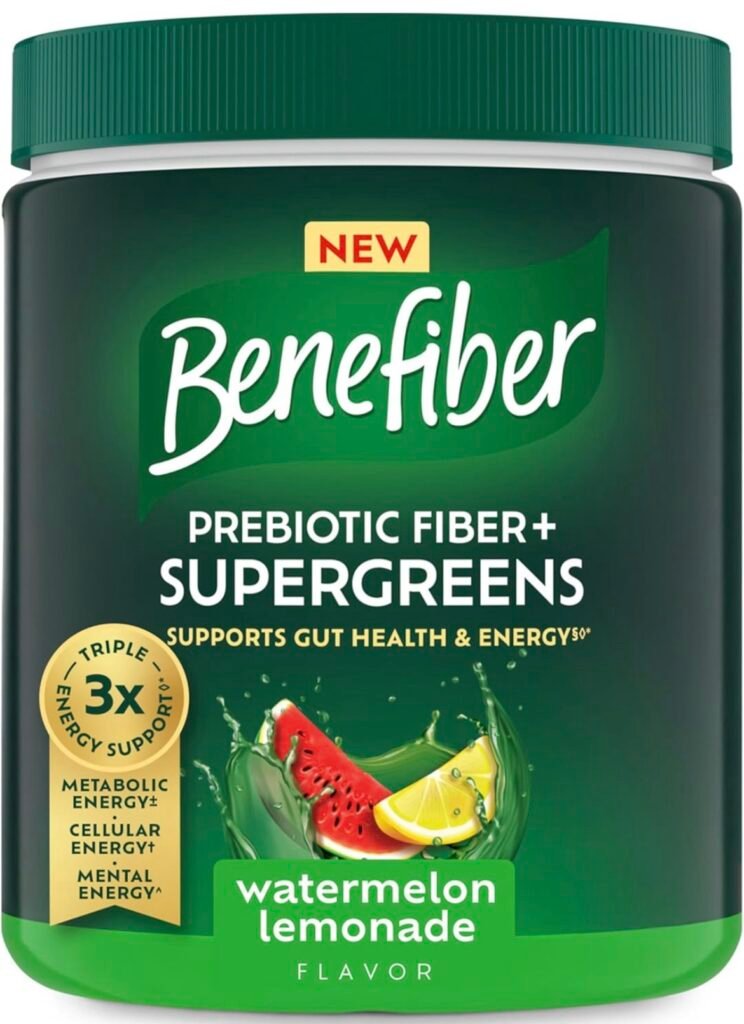
Can you lose weight just by fixing your digestion?
Honestly? For me, the answer was yes—but not overnight. When I stopped focusing on dieting and started focusing on simply feeling better in my gut, my whole body followed. It turns out, poor digestion can make it nearly impossible to lose weight, no matter how “healthy” you eat.
Here’s what poor digestion was doing to me:
- Slowing my metabolism
- Causing chronic bloat (which made me feel and look heavier)
- Blocking nutrient absorption (so I stayed hungry even after eating)
- Messing with my hunger and fullness hormones
When I got serious about regularity, everything shifted. I started going to the bathroom more consistently—without the drama—and I immediately felt lighter, less puffy, and more energized.
Here’s what helped most:
- This daily stool softener that didn’t make me cramp or run to the bathroom
- Milk of Magnesia when I was really backed up and needed a reset
- Upping my fiber with Benefiber Prebiotic Fiber + Supergreens
I also started doing the little things: drinking warm lemon water in the morning, walking after meals, and chewing more slowly (crazy how much that helped).
I even wrote a whole post on what finally worked when I just couldn’t go: Can’t Poop? These Tricks Actually Worked for Me. Because the truth is—you can’t expect your body to burn fat when it’s stuck in digestive distress.
Fixing my gut was the real first step in losing weight—and it worked better than any diet ever did.

Which foods helped me lose weight by feeding my gut?
Once I stopped obsessing over calories and started focusing on feeding my gut, I noticed my cravings went down, my mood improved, and my body finally started letting go of that stubborn weight. It wasn’t about eating less—it was about eating smarter.
These are the foods that made the biggest difference for me:
1. Fermented foods with live cultures
I started adding sauerkraut, kefir, and plain Greek yogurt to my meals regularly. Not only did my bloating go down, but I actually felt calmer. These foods are rich in natural probiotics that support good bacteria. I put together a list of the exact ones that worked best in this article.
2. Fiber-rich grains and seeds
I swapped white rice for quinoa, added chia seeds to my smoothies, and made oats a morning habit. Not only did I stay full longer, but I also noticed my digestion improving fast. These top gut-friendly grains made shopping and planning meals way easier.
3. Prebiotic veggies
Things like asparagus, garlic, onions, and green bananas became staples. They feed the probiotics and help them thrive. Bonus: I didn’t need to snack constantly once I added more of these into my routine.
4. Supergreens + fiber combo
When I wasn’t getting enough fiber from food, I added in Benefiber Prebiotic Fiber + Supergreens. It helped fill in the gaps on busy days and kept things moving without making me feel overly full or uncomfortable.
And to tie it all together? I focused on a lifestyle that supported my gut from every angle. These 5 simple lifestyle habitshelped me stay consistent, and over time, my digestion improved—and so did my waistline.
It’s not about starving yourself. It’s about fueling your gut in a way that makes weight loss feel natural, not forced.

Gut health mistakes that kept me from losing weight
Before things started improving, I made just about every mistake in the book. I was doing all the things I thought were healthy, but they were actually holding me back—and making my gut even worse. If you’re stuck too, you might be falling for some of these same gut health and weight loss traps.
1. Over-restricting my diet
I kept cutting out foods trying to “eat clean,” but it backfired. Low diversity = low microbiome strength. I was starving the good bacteria that help regulate digestion, metabolism, and hunger cues. I had to relearn how to eat for gut diversity, not just weight loss.
2. Taking the wrong probiotic
I jumped on the first probiotic I saw at the store—and wondered why it didn’t help. What changed? Trying a more complete one with a proven blend. This Garden of Life probiotic for women actually helped with bloating and regularity. My husband had similar results with the men’s version.
3. Ignoring my mental state
Stress wrecks your gut. Period. I was anxious, tense, and barely sleeping—which only made my digestion worse. Once I learned how much the gut-mind connection mattered, I started working on both. If you’ve felt stuck in that stress-gut loop, read this: Is Your Gut Sabotaging Your Mental Health?
4. Not going to the bathroom regularly
This one is huge. When I wasn’t pooping every day, I was bloated, sluggish, and gaining—not losing. Milk of Magnesiahelped me reset when needed, and I now use a daily stool softener that gently keeps me on track.
If you’re trying to lose weight and nothing’s working, look at your gut habits. These little things seem minor, but they stack up—and for me, they were the real reason progress felt impossible. Once I fixed them, the results came naturally.
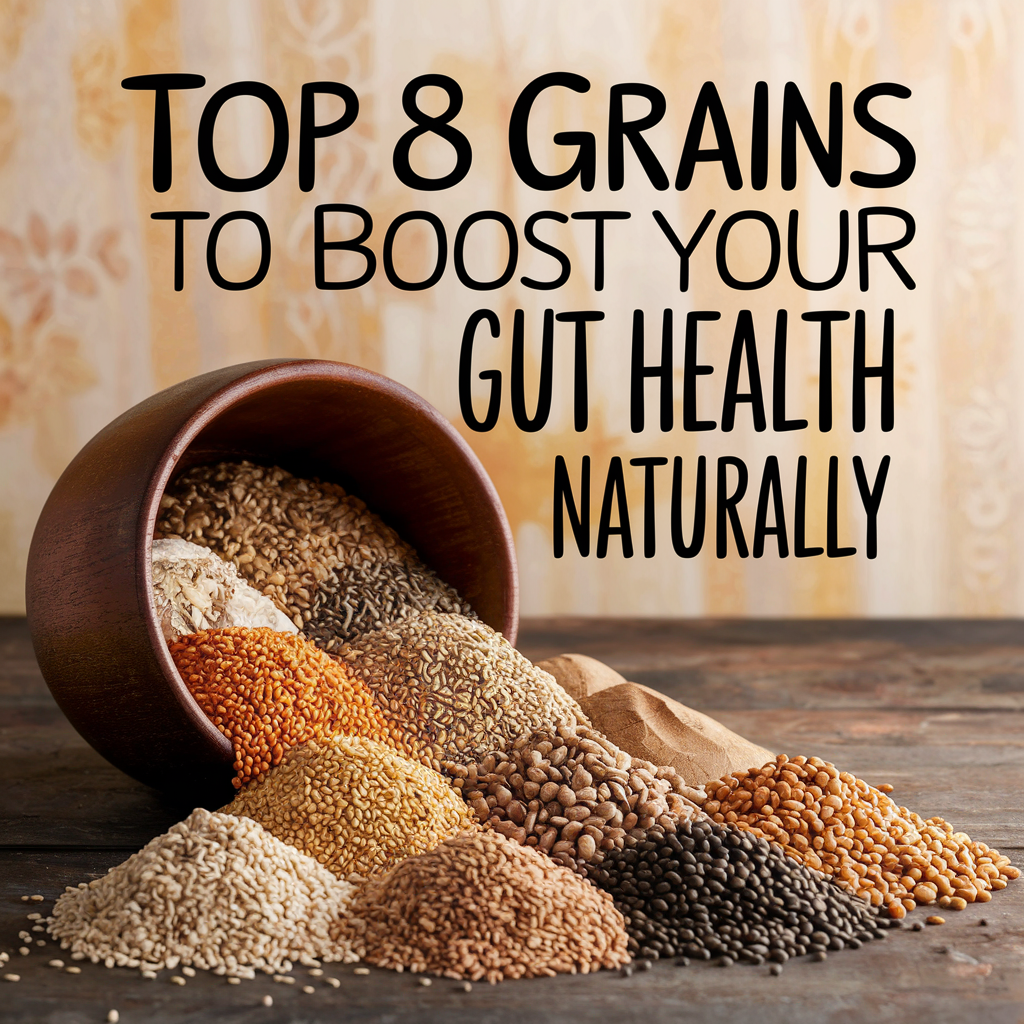
What actually worked for me—and what might work for you
I spent years stuck in the weight loss loop—tracking calories, skipping meals, cutting carbs, and feeling miserable. But nothing really changed until I finally shifted my focus from the scale to my gut. Supporting my digestion and healing my gut wasn’t just a side project—it became the foundation for finally feeling better in my body.
Here’s what worked for me (and might help you too):
1. I supported daily digestion, not just diet
Regular bathroom habits became non-negotiable. Using Milk of Magnesia when I needed a reset and a daily stool softenerto keep things moving helped me eliminate bloating, feel lighter, and stay consistent.
2. I added—not restricted
Instead of cutting everything out, I added in fermented foods, gut-friendly grains, and more fiber. When I needed a boost, Benefiber with Supergreens filled in the gaps without the mess.
3. I found a probiotic that worked for me
The Garden of Life probiotic for women became part of my daily routine. It helped ease bloating and made everything from cravings to mood feel more balanced. My husband had similar success with the men’s version.
4. I stopped trusting trends and started trusting my gut
Literally. I stopped doing what influencers or random blogs said and started listening to what my own body was telling me. That included reading honest articles like Can’t Poop? These Tricks Actually Worked and finally feeling seen.
If you’re struggling with weight, digestion, energy, or mood—and nothing seems to work—it might not be your willpower. It might be your gut. Heal that, and everything else gets easier. It did for me.

Heal your gut, and your body will follow
Looking back, it wasn’t a fancy weight loss program, strict calorie counting, or endless workouts that changed things for me—it was finally understanding the real connection between gut health and weight loss.
Once I started nourishing my gut with the right foods, supplements, and daily habits, the results came naturally. I didn’t have to starve myself. I didn’t have to spend hours researching fad diets or micromanaging every bite. I just had to rebuild trust with my body by giving it what it actually needed.
That meant:
- Taking a probiotic that worked for me
- Adding gut-friendly fiber and Benefiber with Supergreens
- Using Milk of Magnesia or a daily softener when things weren’t moving
- Eating real food, like fermented veggies and gut-healing grains
- Shifting my mindset with articles like Is Your Gut Sabotaging Your Mental Health?
I didn’t just lose weight—I lost the frustration. I lost the anxiety around food. I lost the guilt from not doing it “perfectly.”
And if I could offer just one piece of advice to anyone stuck in that cycle: don’t start with the scale. Start with your gut. It’s the foundation for everything else. And when your gut is healthy, your body finally has the freedom to thrive.
As an Amazon Associate we earn from qualifying purchases through some links in our articles.
